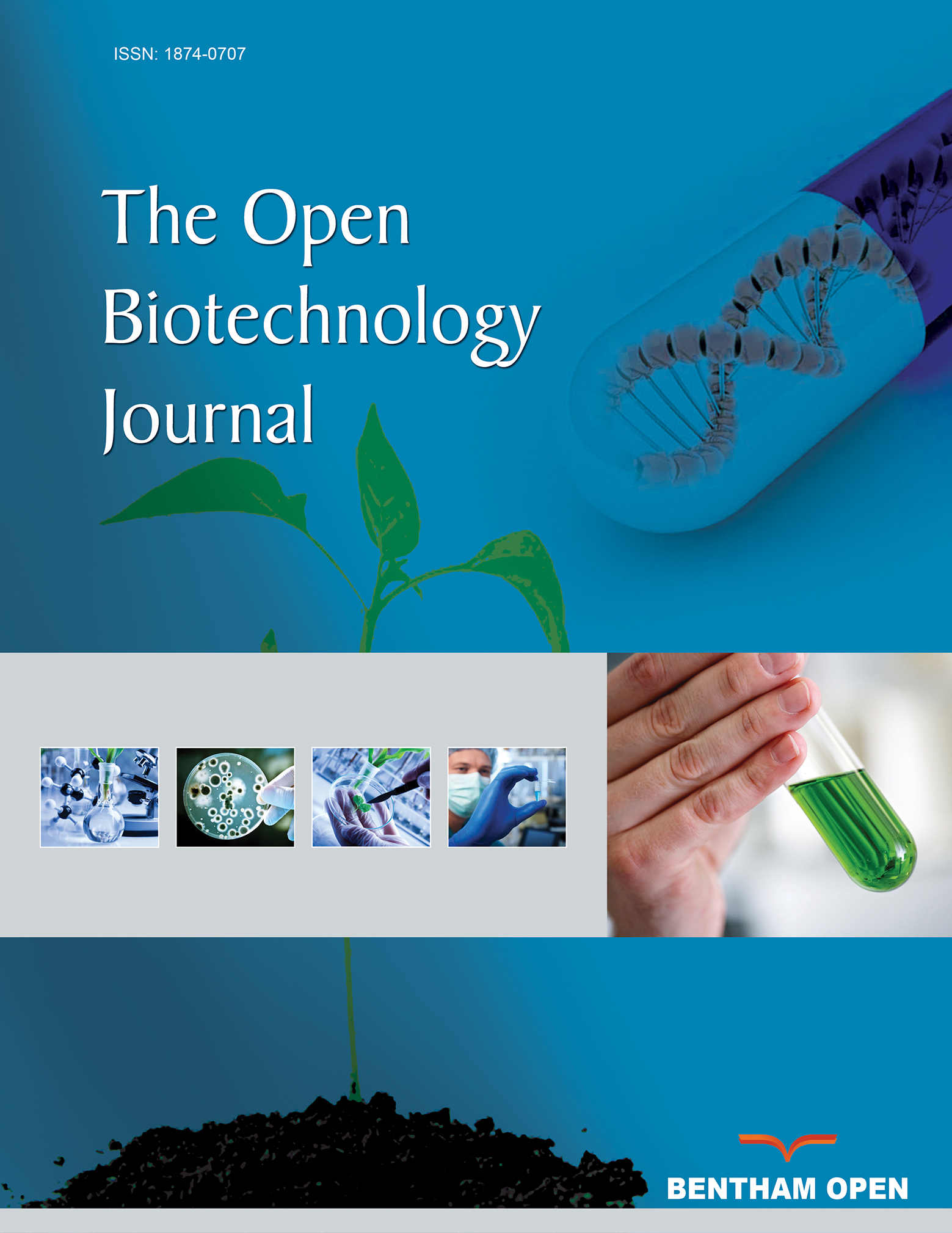All published articles of this journal are available on ScienceDirect.
Bacillus licheniformis Bearing a High Cellulose-Degrading Activity, which was Isolated as a Heat-Resistant and Micro-Aerophilic Microorganism from Bovine Rumen
Abstract
Screening of bovine rumen contents for heat-resistant and micro-aerophilic cellulose-degrading microorganisms was performed on carboxymethyl cellulose (CMC) plates at 37 °C-45 °C, and many isolates were found to produce reducing sugars under a static condition. Of those isolates, R8 and R15, which efficiently produced reducing sugars from CMC at a high temperature, were further examined. Taxonomic analysis classified both strains into Bacillus licheniformis. Comparison with B. licheniformis NBRC12200 and Trichoderma reesei NBRC31329 as a type strain under various conditions revealed that R8 and R15 had filter paper- and CMC-degrading abilities, which are absent in the B. licheniformis type strain, and that both isolates produced reducing sugars from CMC more efficiently than did T. reesei type strain at a high temperature under a static condition. These results suggest that R8 and R15 have a strong cellulose-degrading ability at a relatively high temperature under a micro-aerophilic condition.


